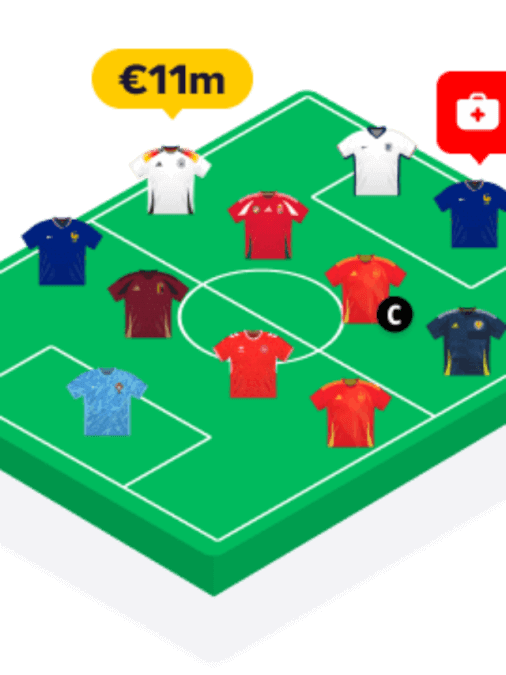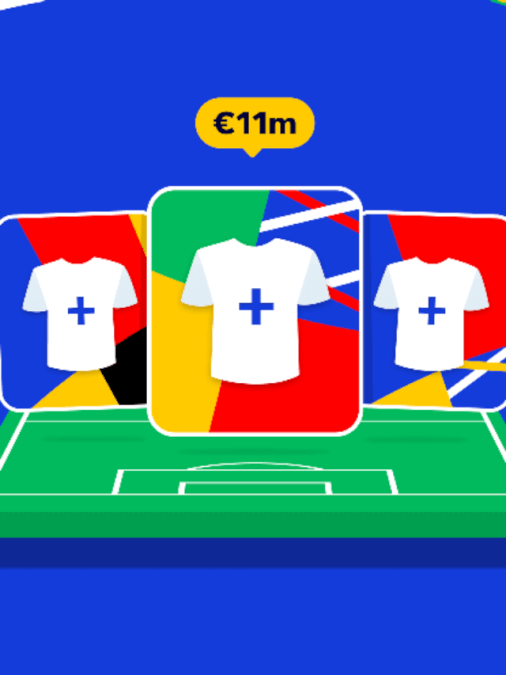For young footballers, proper nutrition is just as important as training on the field. A balanced diet not only fuels their performance but also supports growth, development, and overall health.
Understanding the basics of sports nutrition can help young athletes perform at their best, recover quickly, and reduce the risk of injury.
This article explores the key aspects of nutrition for young football players and provides practical tips for parents and coaches to ensure their athletes are properly fueled for success.
1. Why Nutrition Matters for Young Athletes
Proper nutrition is the foundation of an athlete’s performance and long-term development. For young footballers, consuming the right nutrients ensures they have the energy to train, compete, and recover effectively. Poor nutrition can lead to fatigue, poor performance, and an increased risk of injuries.
Key Benefits of Proper Nutrition:
- Enhanced Performance: Provides the energy required for high-intensity training and matches.
- Improved Recovery: Helps muscles recover and rebuild after strenuous activities.
- Healthy Growth: Supports bone development, muscle growth, and overall health.
- Injury Prevention: Adequate nutrition reduces the risk of injuries by keeping the body strong and resilient.
2. Key Nutrients for Young Footballers
2.1: Carbohydrates
Role: Carbohydrates are the primary source of energy for young athletes. They provide the fuel needed for both short bursts of energy and endurance activities.
Sources:
- Whole grains (brown rice, whole wheat bread, oats)
- Fruits (bananas, apples, berries)
- Vegetables (sweet potatoes, carrots, broccoli)
- Legumes (beans, lentils, chickpeas)
Why They’re Important:
- Replenish glycogen stores depleted during intense training.
- Help maintain energy levels throughout the game.
2.2: Proteins
Role: Proteins are essential for muscle growth, repair, and recovery. They also support immune function and overall health.
Sources:
- Lean meats (chicken, turkey, beef)
- Fish and seafood (salmon, tuna, shrimp)
- Dairy products (milk, yogurt, cheese)
- Plant-based options (tofu, tempeh, legumes, nuts)
Why They’re Important:
- Aid in muscle recovery and repair after training sessions.
- Support the growth of lean muscle mass.
2.3: Fats
Role: Healthy fats provide long-lasting energy and support brain function, which is crucial for maintaining focus and decision-making during games.
Sources:
- Avocados
- Nuts and seeds (almonds, chia seeds, flaxseeds)
- Olive oil and coconut oil
- Fatty fish (salmon, mackerel)
Why They’re Important:
- Support sustained energy levels.
- Aid in the absorption of fat-soluble vitamins like A, D, E, and K.
2.4: Vitamins and Minerals
Role: Vitamins and minerals play a vital role in energy production, muscle function, and overall health.
Key Nutrients:
- Iron: Supports oxygen transport and energy production.
- Sources: Red meat, spinach, lentils.
- Calcium and Vitamin D: Essential for bone health and muscle function.
- Sources: Dairy products, fortified foods, green leafy vegetables.
- Magnesium and Potassium: Help regulate muscle contractions and prevent cramps.
- Sources: Bananas, nuts, leafy greens.
Why They’re Important:
- Ensure optimal muscle function and energy levels.
- Support bone health and reduce the risk of injuries.
3. Hydration: The Key to Performance
Staying hydrated is crucial for young footballers, as even mild dehydration can impact performance and increase the risk of heat-related illnesses.
Tips for Staying Hydrated:
- Encourage players to drink water throughout the day, not just during practice.
- Provide water breaks every 15-20 minutes during training and games.
- Use electrolyte drinks for intense training sessions to replenish lost salts.
Signs of Dehydration to Watch For:
- Fatigue or dizziness
- Dry mouth and lips
- Dark-colored urine
4. Pre-Game and Post-Game Nutrition
4.1: Pre-Game Meal
Timing: 2-3 hours before the game.
What to Include:
- Carbohydrates: Whole grain pasta, rice, or sweet potatoes for energy.
- Protein: Lean chicken, fish, or tofu for muscle support.
- Healthy Fats: A small amount of avocado or nuts.
Example Meal: Grilled chicken with brown rice and steamed vegetables.
4.2: Post-Game Recovery Meal
Timing: Within 30-60 minutes after the game.
What to Include:
- Carbohydrates: To replenish glycogen stores.
- Protein: For muscle repair and recovery.
- Fluids: To rehydrate and replace lost electrolytes.
Example Meal: A smoothie made with milk, banana, berries, and a scoop of protein powder.
5. Tips for Parents and Coaches
- Plan Ahead: Prepare meals and snacks in advance to ensure young athletes always have access to nutritious options.
- Involve Kids in Meal Prep: Encourage young players to participate in choosing and preparing their meals to increase their interest in healthy eating.
- Balance and Moderation: Teach kids the importance of balancing indulgent foods with healthy choices. Occasional treats are fine as long as they are part of an overall balanced diet.
- Stay Consistent: Encourage a consistent eating routine, especially on game days, to help young players maintain energy and focus.
Choosing the right foods is crucial. Incorporating energy-boosting options into their diet can make a significant difference in performance.
For more detailed information, check out this meal plan guide specifically designed for young footballers.” [Link to “A Day in the Diet of a Young Footballer: Meal Plan Guide“]
Conclusion
Proper nutrition is a cornerstone of success for young footballers. It not only fuels their performance but also supports their growth, development, and overall well-being.
By understanding and implementing these nutritional guidelines, parents and coaches can help young athletes reach their full potential both on and off the field. What are some of your favorite healthy snacks for young athletes? Share your tips in the comments below!









